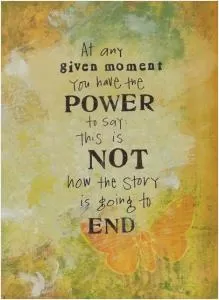Think outside the box


Think outside the box
When it comes to thinking outside the box in the context of words, it means pushing the boundaries of traditional language usage and exploring new ways to communicate ideas. This can involve using unconventional word choices, creating neologisms, or playing with syntax and structure to convey a message in a fresh and innovative way.One way to think outside the box with words is to experiment with different writing styles and genres. For example, a poet may choose to write a prose poem instead of a traditional verse poem, or a novelist may incorporate elements of magical realism into their storytelling. By breaking free from the constraints of traditional forms, writers can discover new ways to express themselves and engage their readers.
Another way to think outside the box with words is to challenge linguistic norms and conventions. This can involve using slang, dialect, or invented languages to create a unique voice and perspective. By embracing linguistic diversity and complexity, writers can enrich their work and connect with a wider range of readers.
Additionally, thinking outside the box with words can involve exploring the boundaries of language itself. This can include experimenting with wordplay, puns, and other forms of verbal wit to create layers of meaning and complexity in a text. By pushing the limits of language, writers can challenge readers to think more deeply about the words they use and the ideas they convey.












 Friendship Quotes
Friendship Quotes Love Quotes
Love Quotes Life Quotes
Life Quotes Funny Quotes
Funny Quotes Motivational Quotes
Motivational Quotes Inspirational Quotes
Inspirational Quotes